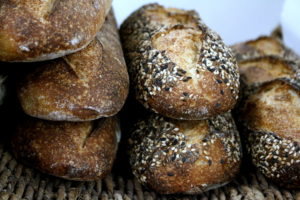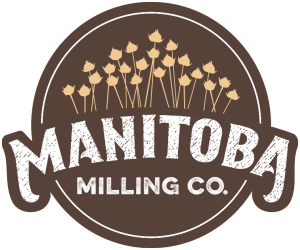What are Phytoestrogens?

Flaxseeds are the richest dietary source of lignans, which are a type of antioxidant and phytoestrogen. When many people hear the word ‘phytoestrogen’ they often think of hormones, and men in particular think they must avoid this super-nutrient. This post quickly breaks down the science, explains what phytoestrogens are, and whether or not you really need to fear them.
Table of Contents
ToggleWhat are phytoestrogens?
Phytoestrogens are compounds that are naturally found in plants. In addition to flaxseed, phytoestrogens are also found in many fruits, vegetables, legumes, and whole grains, including chickpeas, soy, coffee, tea, apples, oranges, carrots, oats, barley, and more.
Phytoestrogens bind to the same receptors that estrogen binds to in the body. When they bind, estrogens cannot, and they therefore minimize estrogen’s effects (here is an easy to understand explanation). While phytoestrogens are considered a plant form of estrogen, their chemical structure is different and they do not increase levels of the hormone estrogen in the body.
Health Benefits of Lignans
Dietary intake of lignans has been linked to a variety of health benefits for both men and women. While more research is needed in a few areas, promising results have been shown linking lignan consumption with:
- reduced risk of breast cancer in women
- lower blood pressure
- decreased cholesterol
- antioxidant and anti-inflammatory effects
Final Thoughts
There are many health benefits of consuming flaxseed and lignans. The recommended daily intake of smooth whole-milled flaxseed is about 2-5 Tablespoons per day. If your diet is not currently high in fiber, we suggest gradually adding in flaxseed (1 Tbsp/day) and other high-fiber foods to avoid digestive discomfort.

1 Comment.
[…] Because flaxseed contains a compound called phytoestrogens, some men are concerned they must avoid this super-nutrient. While phytoestrogens are considered a plant form of estrogen, their chemical structure is different and they do not increase levels of the hormone estrogen in the body. Learn more about phytoestrogens here. […]